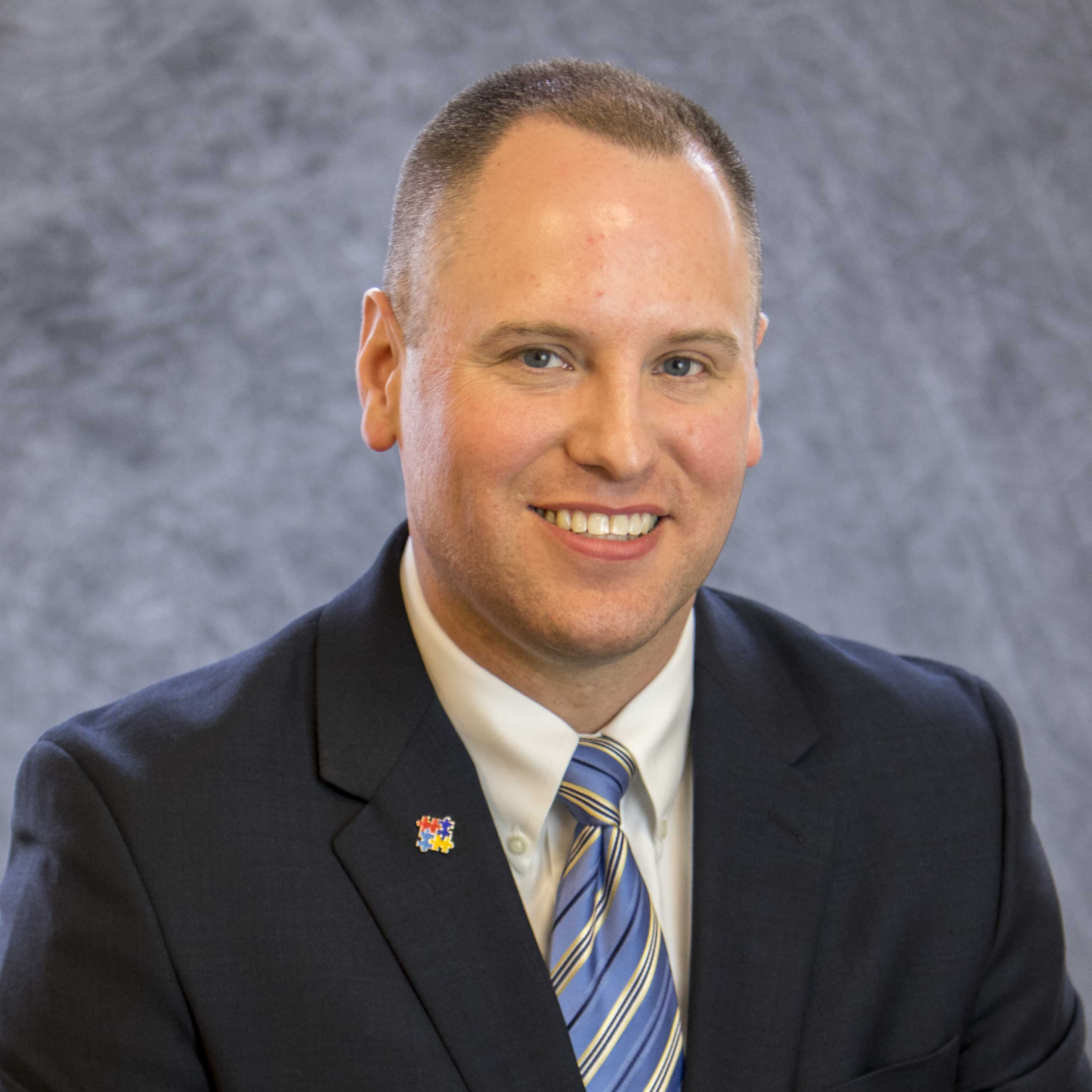Voters in the state’s second largest city have overwhelmingly turned down a first-of-its-kind resolution that would have effectively blocked the rail shipment of oil and coal through Spokane. Proposition 2 failed by a 42-58% vote last week.
The measure would almost certainly have faced a constitutional challenge, and would likely have had a devastating economic effect on the Spokane community and the state. A Washington Policy Center in-depth analysis also found a potentially harmful impact on the environment and local roadways.
Proponents, however, said Proposition 2 was needed because of oil train accidents in other parts of the country and in Canada. They also sought to reduce the availability of fossil-burning fuels throughout the world, even though energy availability is essential to lifting people out of poverty.
The measure was sponsored by the group known as “Safer Spokane.” Some in the group and those who supported it were involved in previous attempts to impose extreme environmental restrictions in Spokane’s city charter, including three previous failed efforts to adopt a “Community Bill of Rights.”
The Community Bill of Rights proposals were pushed by “Envision Spokane,” a group created by the Community Environmental Legal Defense Fund (CELDF). The measures sought to create legal rights on behalf of the Spokane River and impose restrictions on Spokane’s business landscape. Like Proposition 2, they would have had an equally devastating effect on the economy and on the Spokane community.
The coal and oil train ballot measure, if successful, would have increased conflict and would have put city taxpayers on the hook for hundreds of thousands of dollars in legal fees.
Promoting community conflict and legal disputes appears to be the clear goal of supporters of these continued attempts to force unpopular, unconstitutional and unnecessary environmental restrictions on the people of Spokane.
Thomas Linzey, the founder of the CELDF, said “if a town goes bankrupt trying to defend one of our ordinances, well, perhaps that’s exactly what is needed to trigger a national movement.”
Fortunately, the voters of Spokane disagree. Defeat of Proposition 2 means that years of unnecessary controversy, angry protest and costly court battles have been avoided.



